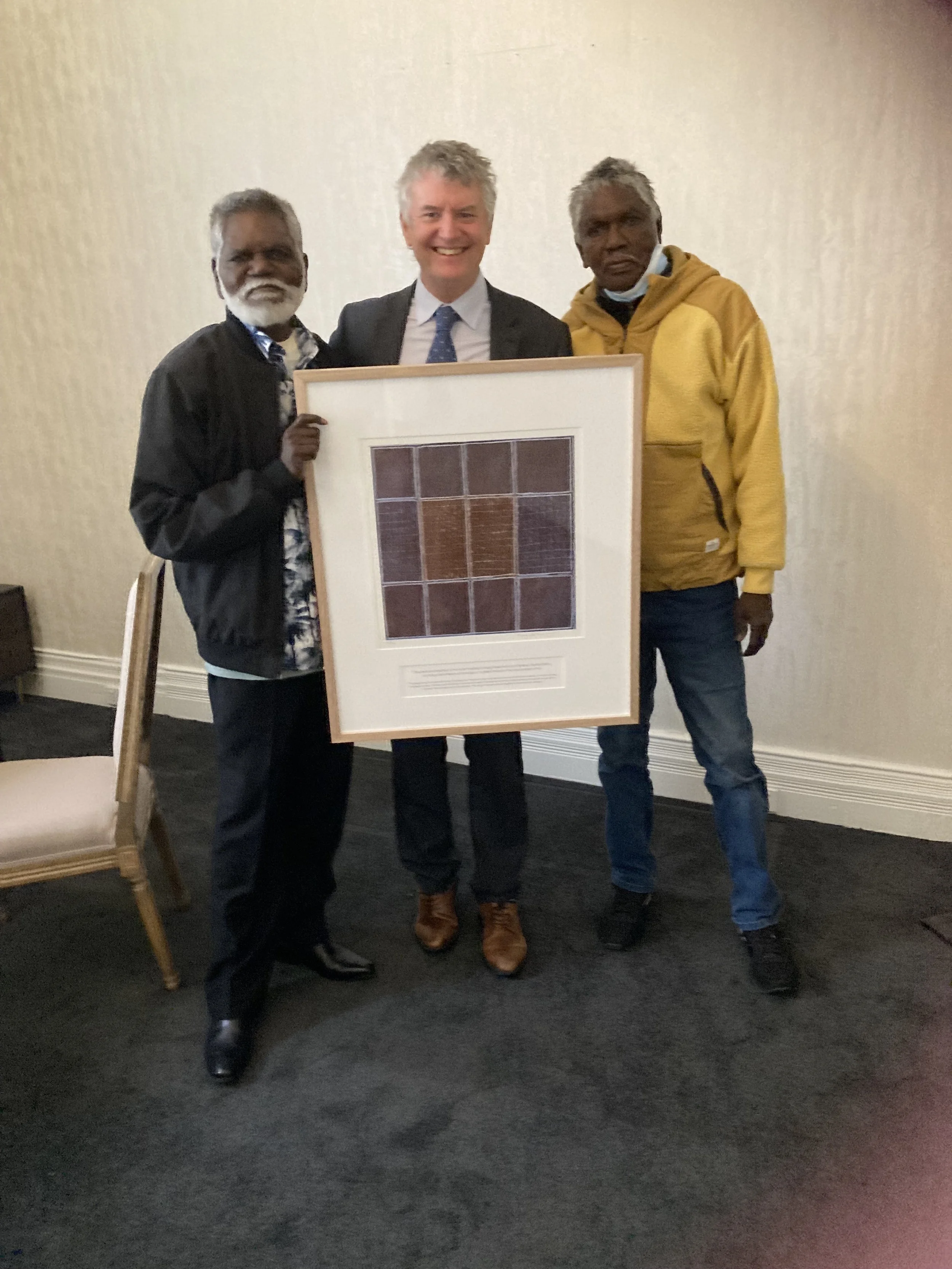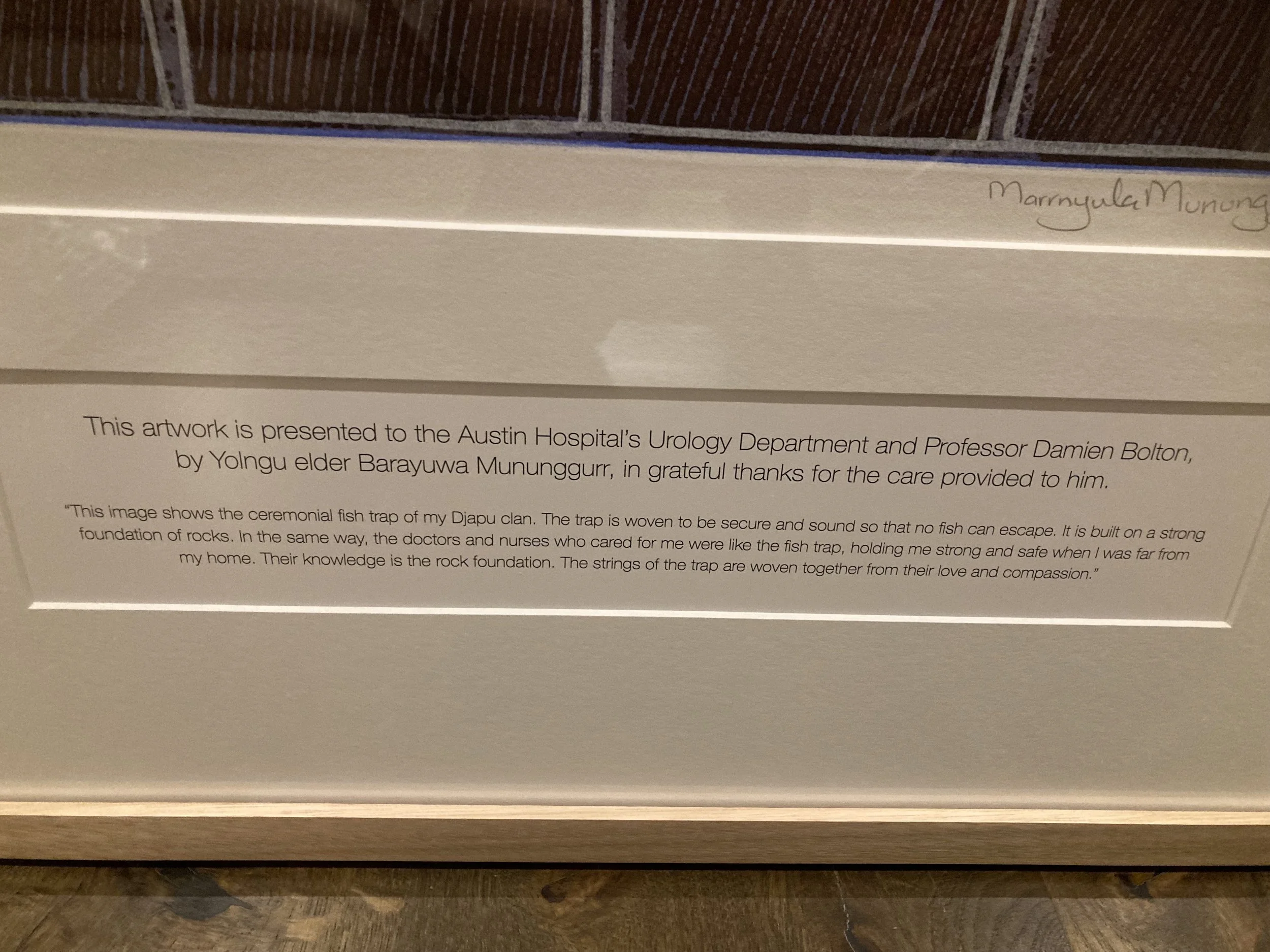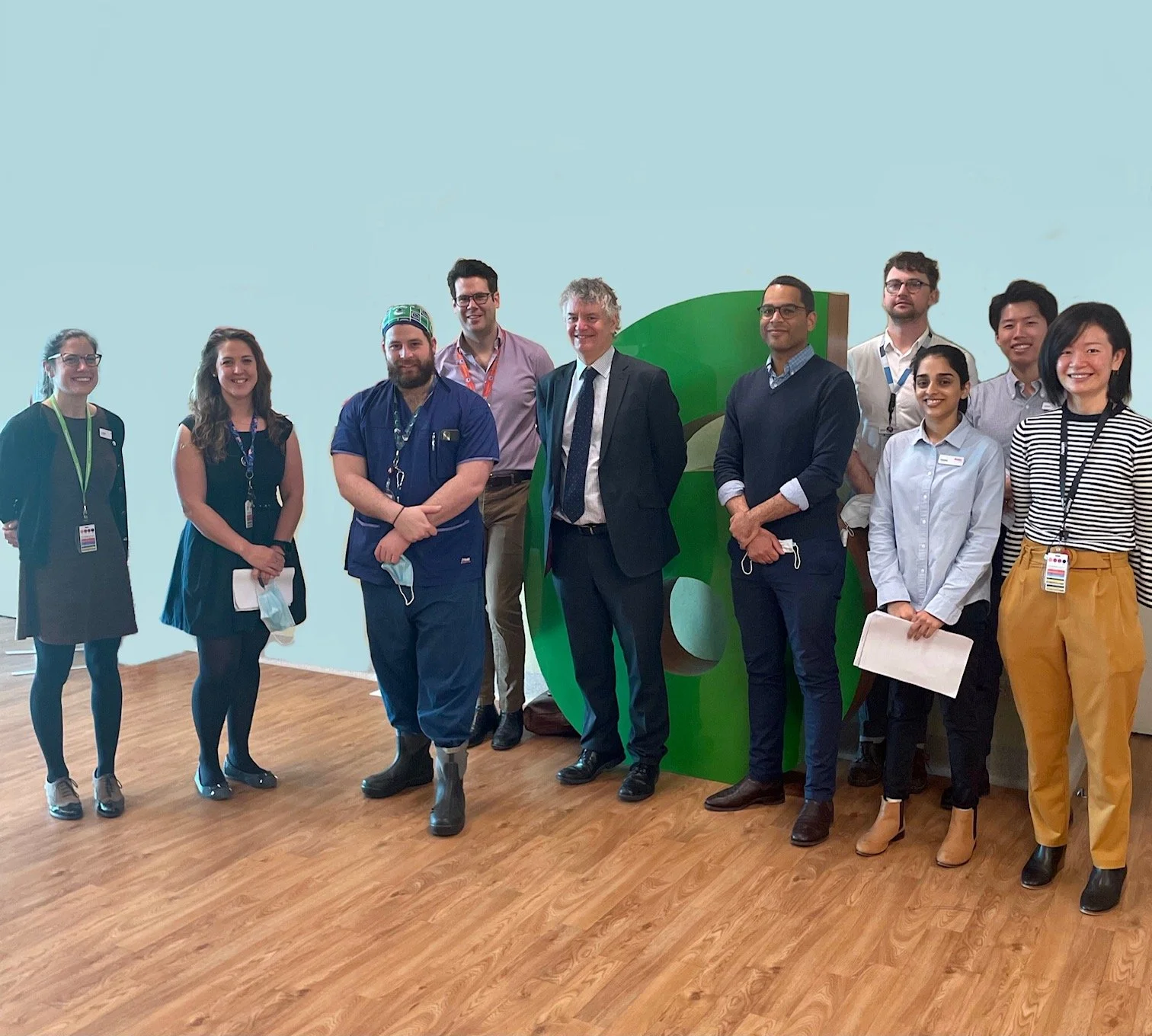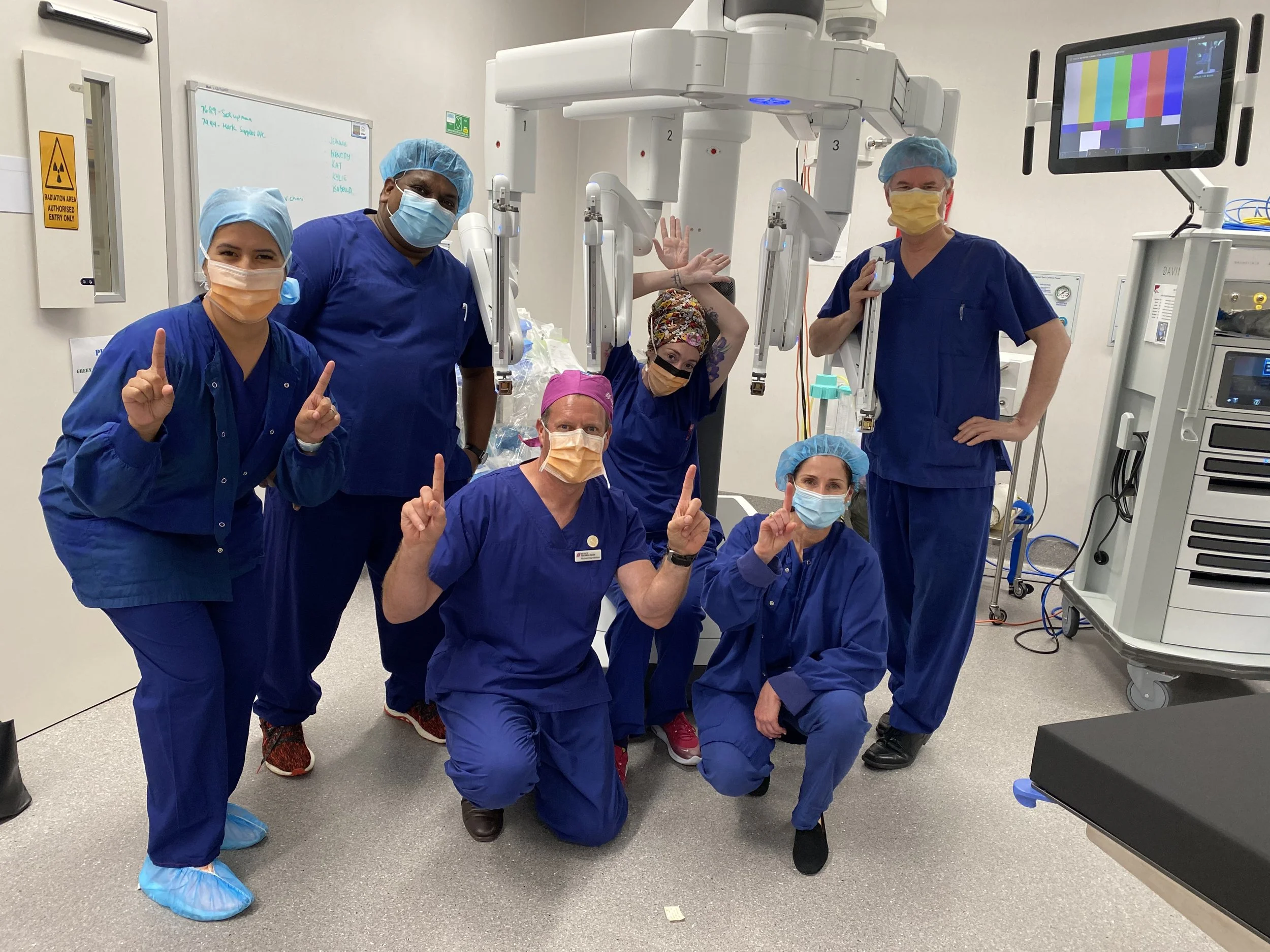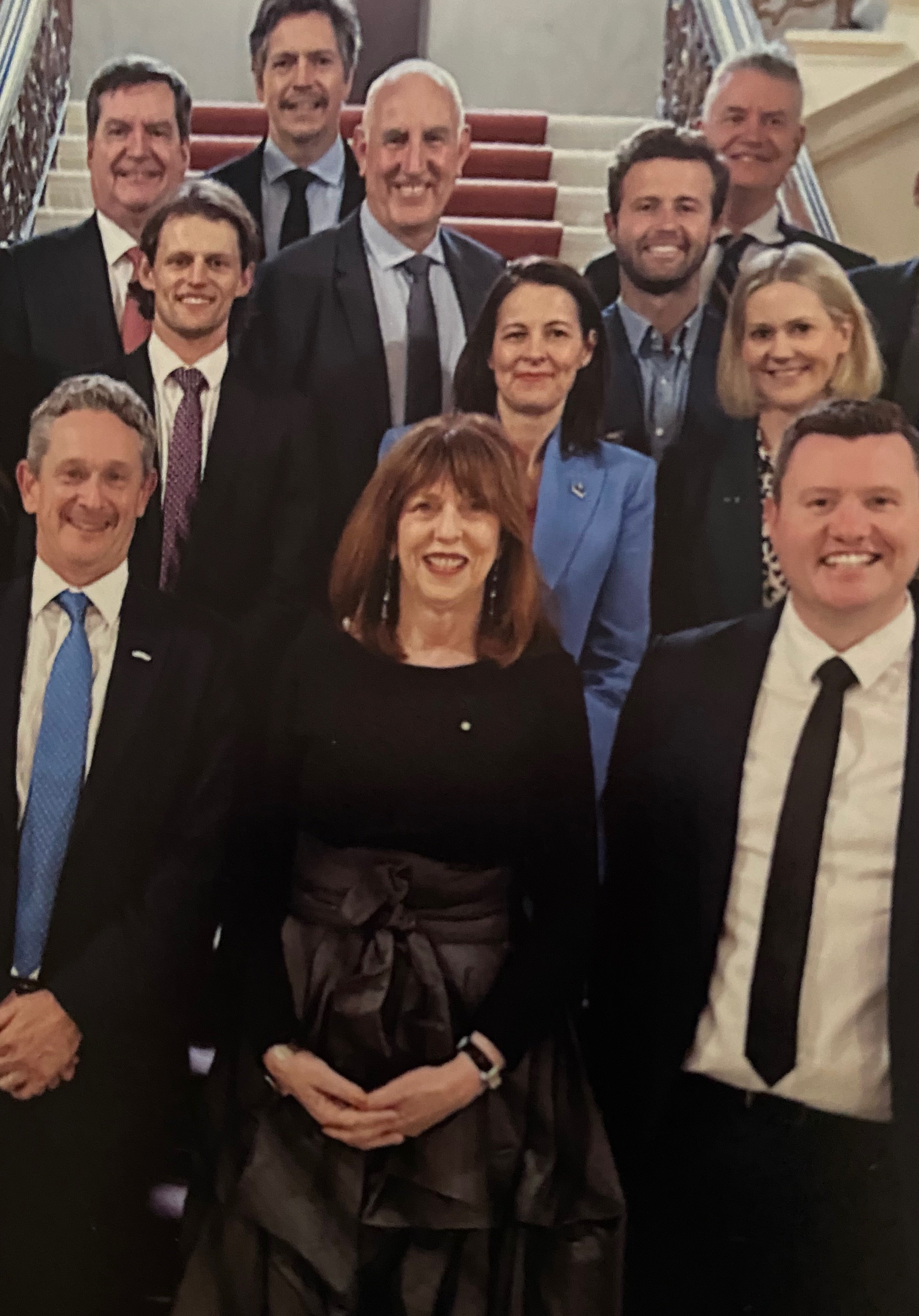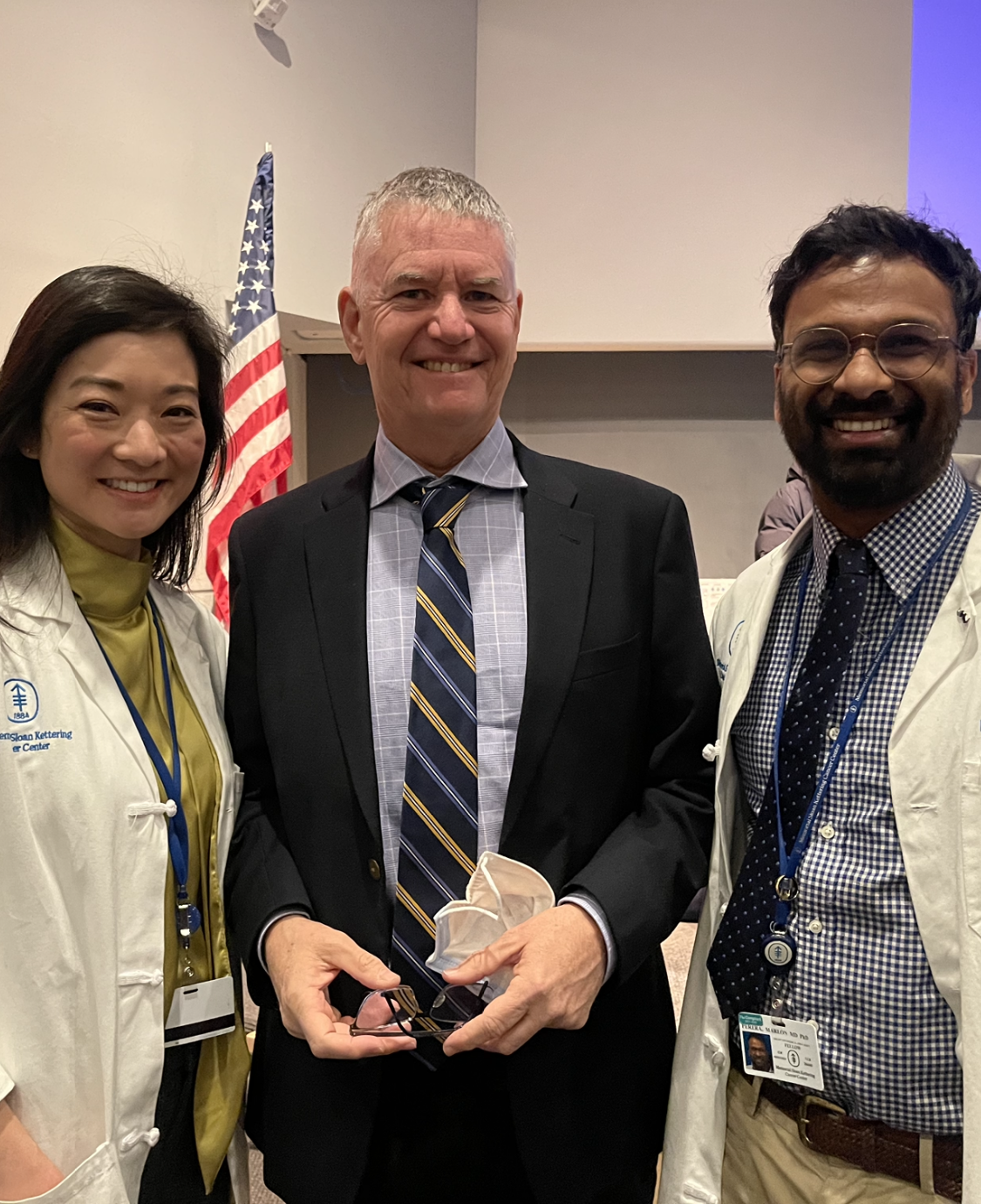About
Prof. Damien Bolton is a specialist urologist with particular interests in prostate disease and urinary stone disease. He has been in practice for over 25 years and has undertaken over 1000 robot assisted procedures for prostate and kidney cancer.
After graduating in Medicine from the University of Melbourne and completing training in urology via the Royal Australasian College of Surgeons he worked at the University of California San Francisco, initially in the position of Clinical Fellow and thereafter as an Assistant Professor.
Since returning to Melbourne he has served as Head of Department for Urology at Austin Health since 2000, and has been centrally involved in clinical and translational research since that time. He has served on numerous local, governmental and international committees, and has been a visiting lecturer and/or surgeon in multiple countries including France, USA and China.
My Background.
Listed below are a few of my currently held positions, for further information on education, qualifications, postgraduate training & awards, see my full CV.
Clinical Professor
University of Melbourne Department of Surgery
2012 – Present
Treasurer & Director
Treasurer & Director, Societe International d’Urologie
2019 – Present
Director of Urology
Austin Hospital, Heidelberg, Victoria, Australia
2000 – Present
Board of Directors
Olivia Newton-John Cancer Research Institute
2022 – Present
Vice President
Urological Society of Australia & New Zealand
2023 – 2024
Co-Chairperson
Vic Government Dept of Health Prostate Cancer Summits
2016 & 2020
Prostate Cancer Outcomes Registry
During my tenure on the Cancer Council Victoria Genito-Urinary Oncology Group the Victorian Radical Prostatectomy Registry was created by Dr Rodney Syme and myself. This transformed in 2012 into the current registry when myself and Prof Jeremy Millar were awarded a seeding grant to initiate a registry of patients who were diagnosed with prostate cancer in Victoria which evaluated surgical margin status and quality of life metrics.
This registry has evolved to become a whole of population registry of all such patients in this state, with equivalent registries nationwide. Supported by Movember, we provide quality assurance with data being kept on surgical metrics at radical prostatectomy for all such operations undertaken in the public and private settings, and individualized secure feedback on this information to urologists.
Currently over 93% of prostate cancer diagnoses for Victoria are captured, and an escalation policy has been introduced where consistently elevated surgical margin positivity is identified and attempts are made to identify solutions. I remain on the steering committee of this organization. The activities of this organisation are imminently to expand to include an audit of radiation oncology outcomes following treatment for prostate cancer. This registry has also served as a model for the development of similar registries internationally.
The inscription reads:
“This image shows the ceremonial fish of my Djapu Clan. The trap is woven to be secure and sound so that no fish can escape. It is built on a strong foundation of rocks. In the same way, the doctors and nurses who cared for me were like the fish trap, holding me strong and safe when I was far from my home. Their knowledge is the rock foundation. The strings of the trap are woven together from their love and compassion.”
Austin Hospital
Receiving a painting from a former patient from Arnhem Land
Career Highlights
Training & Mentoring
Registrars and Fellows 2021
It has been a highlight of my career to have been a supervisor for nearly 50 post graduate research degree students, as well as a series of outstanding urology registrars, and clinical fellows in urology from multiple countries worldwide. In the process of developing clinical fellowships our hospital department has developed strong links in particular with urologists from Ireland, Spain, Canada, the United States of America.
We have also assisted with training of surgical fellows from Asia and the Pacific via the Rowan Nicks Fellowships Trust. Enquiries for fellowships arranged and financially supported through the Rowan Nicks Foundation are best directed to the Royal Australasian College of Surgeons. Urologists from other nations interested in undertaking a clinical fellowship at Austin Health should feel free to email me directly.
Urological Society of Australia and New Zealand
I have held multiple offices within the main organisation for standards, training and governance in urology in Australia and New Zealand, since being admitted as a full member in 1996. Most significantly in 2022 I was elected by popular vote of members to act as the vice president of this organisation in 2023-24, and thereafter fill a 2-year term as president in 2025-26.
To this point I have previously served a 3-year term on the Board of Directors of this organisation, and five years as the Chairperson for the Special Advisory Group on Endourology, with responsibility amongst multiple tasks including drafting responses for this society pertinent to changing practices in the area of endourology, and arranging annual workshops for advanced technical education in this field for urologists seeking to optimise their skills in percutaneous renal surgery and laser ureteroscopy in particular.
I have served as the convenor of the annual scientific meeting of this organisation (2013) and the scientific convenor (2005) as well as on the organising committee of this meeting (1996) and the Victorian sectional scientific meeting (1996, 2007). On behalf of USANZ I have served as a member of the Executive of the Australian and New Zealand Urogenital and Prostate Clinical Trials Group (2009-2011), and as a member of the Transplantation Society of Australia and New Zealand Renal Transplantation Guidelines Review Panel. All roles are non-remunerated.
Subsequent to the tragic death of our colleague Daniel Christidis in 2018 I was central in the creation of a scholarship established in his memory, and continue to serve as a trustee of this fund. In recognition of the above in 2023 I was awarded the Urological Society of Australia and New Zealand Medal for outstanding contributions to urology.
Treasurer and Board of Directors, Societe Internationale d’Urologie
The Societe Internationale d’Urologie is an educational and philanthropic organization based in Montreal, Canada, with the aim of providing philanthropic support, surgical education and training to urologists worldwide, particularly in developing countries. I served for 4 years as a national delegate for Australia, a further 4 years as a member of the Board of Directors elected as a delegate voted in by international urologist members of the organization, and was later elected to become Treasurer of this organization, the first person not born in France to hold this office in the 112-year history of the society.
After serving for an additional year on the Board of Directors as Treasurer-Elect I commenced the role of Honorary Treasurer in October 2018. Responsibilities include overseeing the budget of this large organisation with over 14000 members and 15 staff, fiduciary and legislative compliance, and review of accounts and investment holdings with corporate accountants, auditors and advisors. The budget was restored to a balanced position in 2020 after previous deficits. I was involved in the initial recommendation for the creation of a finance committee and a business restructure for this organisation. The position of treasurer also carries the responsibility to sit on multiple other organisational subcommittees including Conference Review, and Awards subcommittees. All roles are non-remunerated.
Awards
John Mitchell Crouch Fellowship, Royal Australasian College of Surgeons
This honor is the highest award for research that is given by the Royal Australasian College of Surgeons, and is offered to a Fellow of the college with an outstanding record in Academic Research. I was awarded this fellowship in 2010, and in doing so was the first urologist to be afforded this honor since the inception of this award approximately 30 years prior.
Surgical Research Medal, Royal Australasian College of Surgeons
This prize is awarded on an occasional basis for outstanding contributions to surgical research. I was awarded this medal in 2014. I was the first urologist to be presented with this medal since it was first awarded by the RACS in 1961.
Keith Kirkland Prize, Urological Society of Australia and New Zealand
Urological Society of Australia and New Zealand Medal
This is the highest honor offered by the Urological Society of Australia and New Zealand for surgical research undertaken by a trainee. I was awarded this prize as a trainee, and since that time have supervised urology registrars who have won this prize or its equivalent for laboratory research, the Villis Marshall award, on 10 separate occasions.
This honor is awarded to recognise significant contributions to surgery in this discipline. I was fortunate enough to be offered this medal in 2023.
Movember 20th Anniversary Dinner with
Victorian Governor Margaret Gardner AC
Kirk Pengilly and Layne Beachley at
Movember Ambassadors Reception 2023
Genetics in Prostate Cancer
Prostate cancer is a complex disease with multiple contributing factors, and extensive research has been conducted to understand its etiology. Among these factors, genetics has been identified as a critical component in the causation of prostate cancer. Numerous studies, supported by robust evidence from published and referenced literature, have highlighted the role of genetic factors in increasing the risk of developing prostate cancer.
Family history is a well-established risk factor for prostate cancer. Several large-scale studies have consistently demonstrated that men with a first-degree relative (father, brother) diagnosed with prostate cancer have a significantly higher risk of developing the disease themselves. These findings indicate the presence of hereditary genetic mutations that predispose individuals to prostate cancer.
One of the most well-studied genetic markers in prostate cancer is the BRCA gene. While initially recognized for its association with breast and ovarian cancers, research has shown that certain mutations in the BRCA1 and BRCA2 genes also confer an increased risk of prostate cancer in men. The presence of these mutations is particularly noteworthy as they can be inherited from one generation to the next, emphasizing the importance of understanding familial genetic factors.
Genome-wide association studies (GWAS) have identified multiple single nucleotide polymorphisms (SNPs) associated with prostate cancer susceptibility. These genetic variants are scattered across the genome and are involved in various cellular processes, including DNA repair, cell cycle regulation, and androgen signaling. The cumulative effect of these SNPs contributes to the overall genetic risk for prostate cancer.
Additionally, recent research has focused on somatic mutations occurring within the prostate tumors themselves. Whole-genome sequencing and targeted gene analyses have revealed recurrent genetic alterations in specific genes, such as PTEN, TP53, and NKX3.1, which play crucial roles in prostate cancer development and progression.
Furthermore, twin studies have provided further evidence for the heritability of prostate cancer. Identical twins, who share 100% of their genetic material, have a higher concordance rate for prostate cancer compared to non-identical twins, underscoring the genetic contribution to disease risk.
The available published and referenced literature strongly supports the role of genetics in the causation of prostate cancer. The evidence highlights the importance of understanding genetic factors in identifying individuals at higher risk, enabling early detection and personalized treatment strategies.
I regularly arrange genetic testing where it can influence patient management, and believe it is crucial to emphasise the significance of genetic screening and counselling for individuals with a family history of prostate cancer to improve patient outcomes through early intervention and targeted therapies. Genetic screening is widely available in Australia and under some circumstances can be rebated via Medicare. The key factors in the use of this information are choosing when this test is going to provide information of relevance, and how to interpret the results of genetic assessments.

